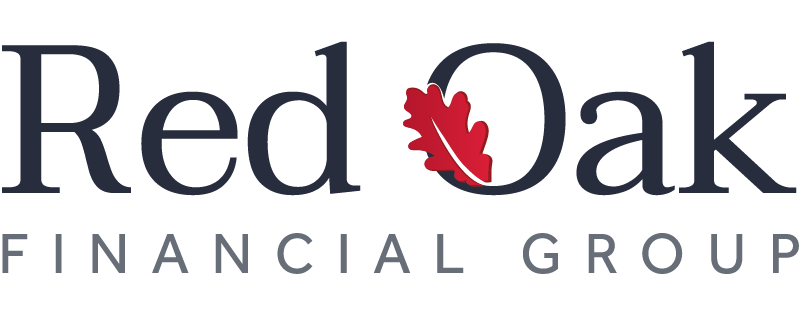403(b) Plan VS 401(k) Plan….
403(b) VS 401(k)
Many of you have the benefit of contributing to a company or government sponsored retirement plan at your place of work. Company plans are different from IRAs (individual retirement plans) in many ways, including a much higher contribution limit and typically an employer match program. But what exactly is the difference between a 401(k) and a 403(b)?
First, let’s review the similarities. Both types of plans are tax advantaged, qualified retirement plans offered by an organization. Each plan has the following parameters:
· $20,500 contribution limit for 2022. (For employees aged 50 and over, the limit is $27,000)
· Each plan offers a deferral option from your paycheck, so your contribution goes directly into the plan.
· Both plans allow an employer to make contributions. A very common form of employer contribution is in the form of a match, where the employer will match your deferral percentage up to a certain level.
· Both plans can offer a Roth option for contributions (aka post-taxed contributions where the future withdrawals will not be taxed provided the rules are followed)
· 59.5 is the age where a participant can withdraw money penalty free. (The penalty for early withdrawal is 10%, barring exception)
· Required Minimum Distributions must be taken in the year the participant turns 72 (exceptions do apply)
So what’s the difference?
For the most part, not much besides the type of entity that is sponsoring the plan. 401(k)s are offered by private, for profit companies, and 403(b)s are offered by non-profit and government organizations. Schools are a very common offeror of 403(b) plans. 403(b) plans are exempt from nondiscriminatory testing and 401(k)s are not. Also, sometimes there can be income restrictions in a 403(b) plan that are not found in a 401(k). At the end of the day, if you know the key bullet points above, you will have a good grasp on the benefit of these plans. Saving for retirement is very important as someone moves along in their career, and if you have access to either a 401(k) or 403(b) plan at your employer, take advantage of them to the best of your ability. Consult a financial professional for more detailed information on this topic before making any decisions.
-Your friends at Red Oak Financial Group

